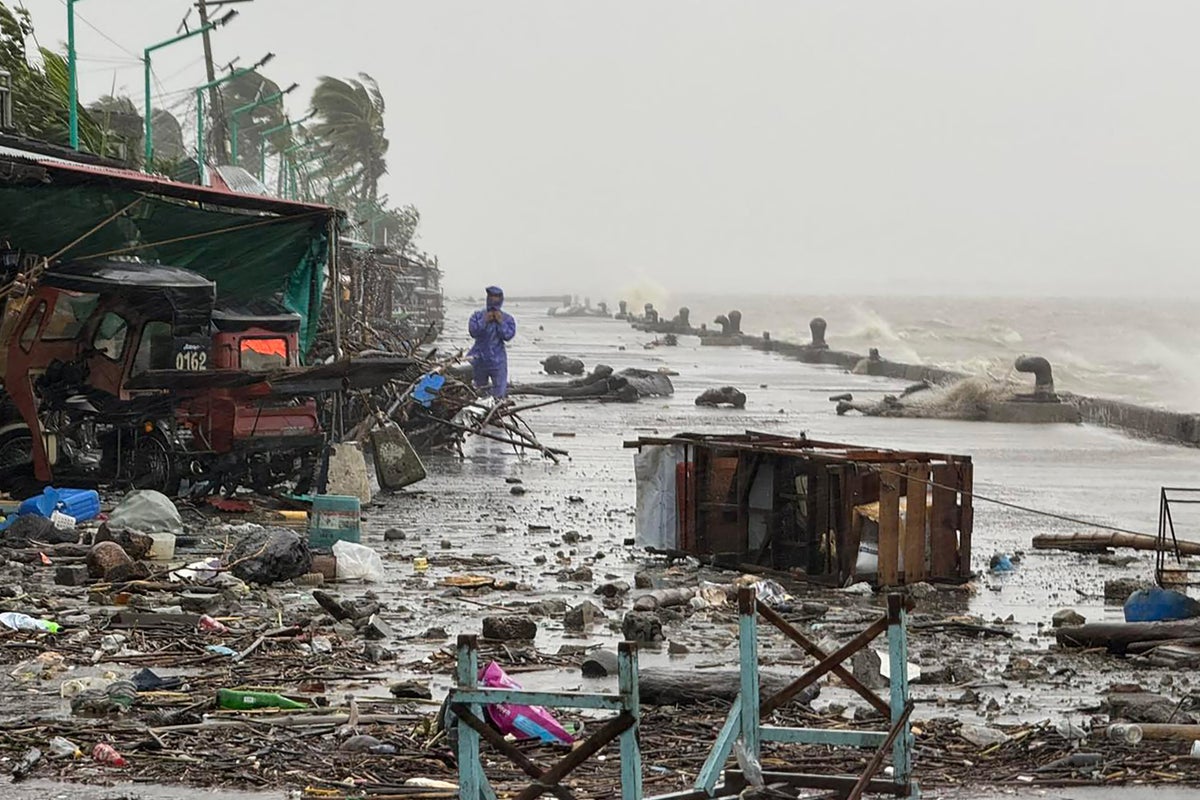South Korea Grapples with Data Center Fire, Disrupting Government Services
South Korea is working to restore essential government services after a significant fire at a state data center in Daejeon caused widespread disruptions. On Saturday, Prime Minister Kim Min-seok issued a public apology following the incident, which affected 647 online services, including postal operations and emergency response systems. The fire, triggered by a lithium battery, has raised concerns about the resilience of the nation's critical IT infrastructure.
The Incident: A Lithium Battery Blaze
The fire erupted at the National Information Resources Service (NIRS) facility in Daejeon around 8:15 PM on Friday, September 26, 2025. The origin point was traced to a lithium battery, which quickly spread the blaze, damaging essential temperature and humidity-control systems vital for server operations. Firefighters worked tirelessly for hours to contain the fire.
Prime Minister Kim explained the difficulties encountered during the suppression efforts. "Because the nation’s key IT systems are concentrated in one facility, the fire suppression efforts faced considerable difficulties," he stated. Authorities proactively shut down servers to prevent overheating, leading to the extensive disruptions.
Impact on Citizens: Widespread Service Disruptions
The fire resulted in the suspension of 647 government online services, according to the Interior Ministry. Affected systems included the mobile identification system, the national law information centre, and the government's complaints and petitions portal. Citizens also experienced delays in postal services, including online tracking and applications. Emergency response systems were partially impacted, prompting alerts to citizens to use phone calls instead of video or text for 119 requests.
The outage "paralysed" internal government platforms, including official emails and websites. Prime Minister Kim acknowledged the inconvenience caused, stating, "There may be delays in processing civil applications or interruptions in the issuance of certificates, causing inconvenience in daily life," and offered a sincere apology.
Government Response: Apology, Restoration Efforts, and Future Prevention
Prime Minister Kim took full responsibility for the disruptions and pledged swift action to restore services. Vice Interior Minister Kim Min-jae outlined the recovery plans, prioritizing the restoration of the temperature and humidity-control systems before restarting servers. Teams worked overnight to repair the damage and activate backup protocols for critical functions.
Officials have vowed to review data center vulnerabilities to prevent future incidents, drawing lessons from past disruptions. The government's response emphasizes the need for improved safety measures and more resilient IT infrastructure.
Historical Context: Echoes of the 2022 Kakao Outage
This event is not the first major data disruption in South Korea. In October 2022, a fire at an SK C&C data center in Pangyo caused a nationwide outage for KakaoTalk, affecting over 50 million users. The incident prompted regulatory reviews and investments in resilient systems.
Experts emphasize the risks associated with lithium batteries in high-density facilities, urging fire-resistant designs and redundancies. Friday's fire underscores the importance of continuous improvement in data center safety and infrastructure resilience.
| Service Affected | Impact |
|---|---|
| Mobile Identification System | Suspended |
| National Law Information Centre | Suspended |
| Government Complaints and Petitions Portal | Suspended |
| Postal Services | Delays |
| Emergency Response Systems | Partially Impacted |
The incident serves as a reminder of South Korea's growing reliance on digital platforms for public services and the critical need for robust and resilient IT infrastructure to safeguard against future disruptions.
 Visit the website
Visit the website





